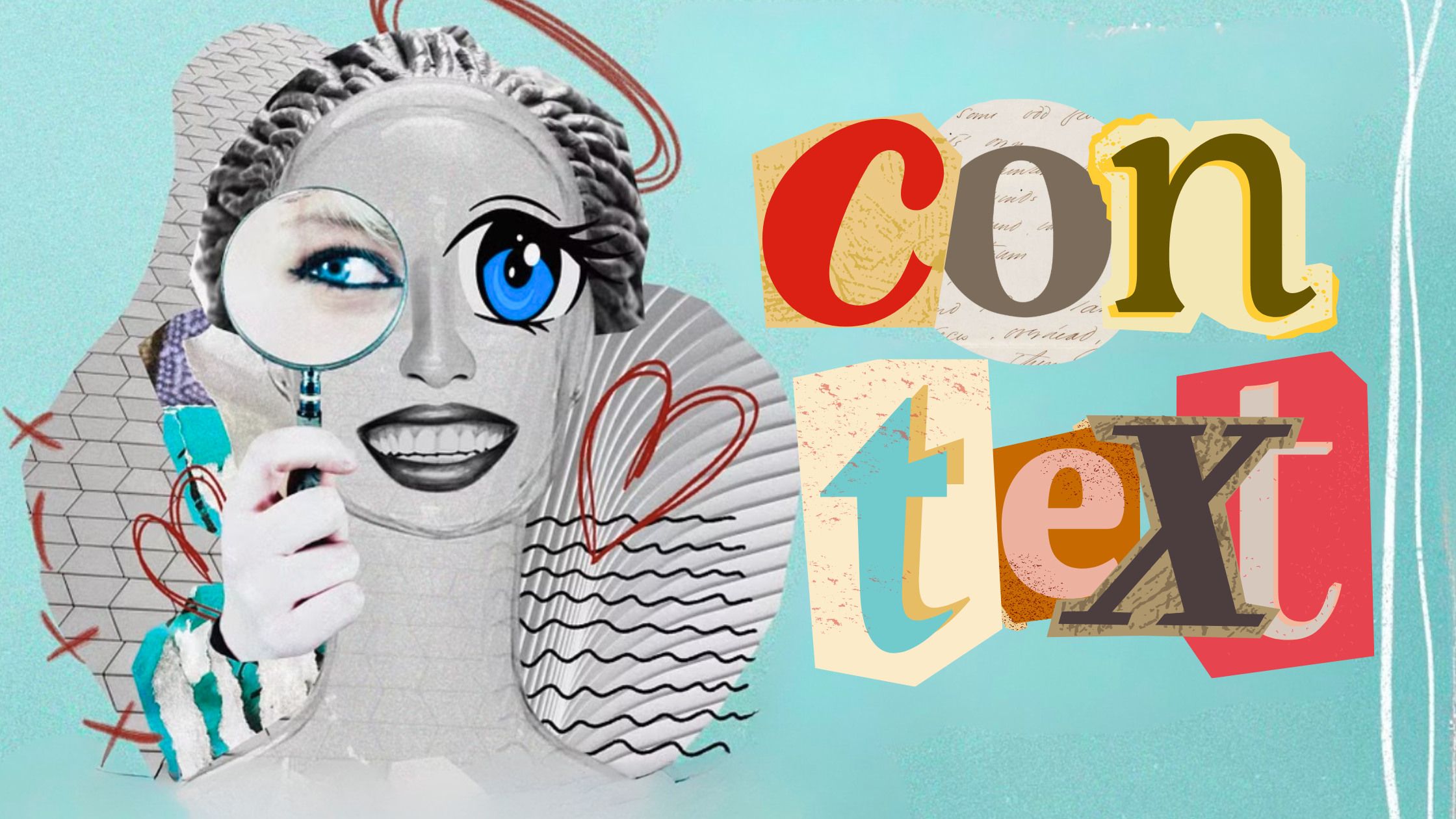
Here's the hidden cost of copying best practices: you don't just waste time—you attract the wrong people.
The Spotify Trap
Spotify's squad model became legendary. Autonomous teams, minimal hierarchy, move fast. Companies everywhere copied it.
But here's what they missed: Spotify had mature products, experienced engineers, and clear domain boundaries. They could decentralize because they'd already built strong foundations.
Early-stage companies tried the same model and got chaos. Worse? They hired for Spotify's context, not their own reality.
The Real Cost of Context-Blindness
When you optimize for someone else's playbook, you:
You hire "autonomous self-starters" when you actually need "structured builders who create foundations."
You seek "disruptors" when you need "operators who can scale what exists."
You're building someone else's tribe.
The Questions That Matter
Before adopting any framework—or writing any job description—ask:
What's our actual reality?
Who thrives in THIS environment?
What are we really optimizing for?
The Connection
Remember: you're building a tribe. But whose tribe?
Context-blindness means you accidentally recruit for someone else's company. You write job posts that sound like Netflix, build processes that mimic Spotify, and wonder why people don't stick.
Your context isn't just about efficiency. It's about identity.
Know where you are. Build for your reality. Attract people who thrive in your tribe, not the one you read about.